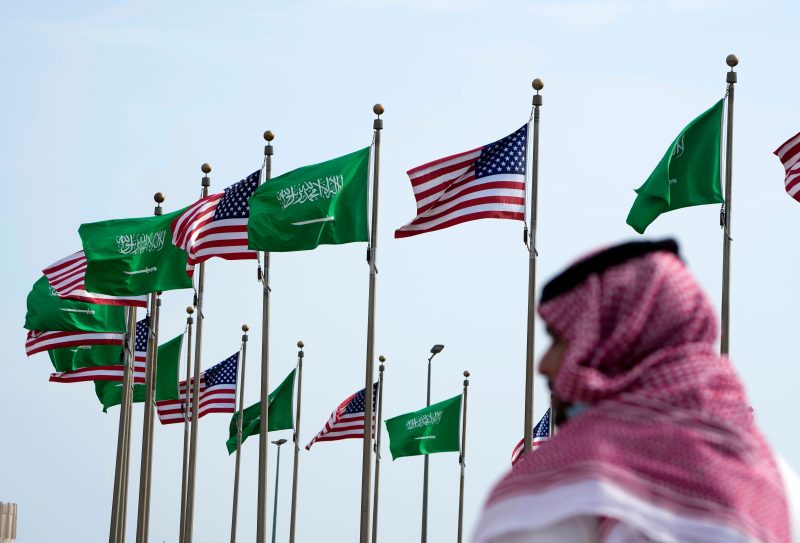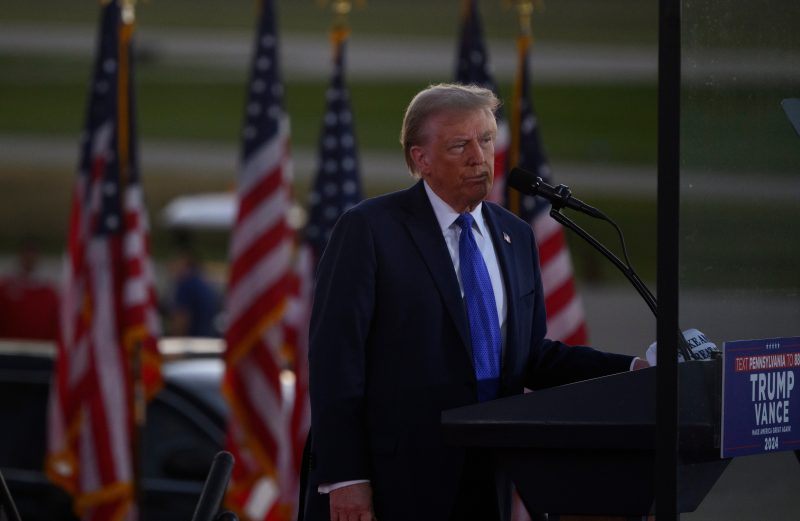U.S. restarts offensive weapons sales to Saudi Arabia after lengthy ban

The Biden administration is lifting its years-long suspension of offensive arms shipments to Saudi Arabia, authorizing an initial shipment of air-to-ground munitions and saying it would consider additional new transfers “on a typical case-by-case basis,” according to senior administration officials.
The sale of certain classes of offensive weapons was frozen in early 2021 to signal administration disapproval of the Saudi war with Iranian-backed Houthis in Yemen and strikes against civilian targets there. Since a United Nations-mediated truce in the spring of 2022, “there has not been a single Saudi airstrike into Yemen and cross-border fire from Yemen into Saudi Arabia has largely stopped,” a senior official said.
“So the Saudis have met their end of the deal, and we are prepared to meet ours, returning these cases to regular order through appropriate congressional notification and consultation,” said the official, one of several who discussed the decision on the condition of anonymity imposed by the White House.
The decision was first reported Friday by Reuters, which said that Congress was briefed on the sale this week.
Significant numbers of both Republican and Democratic lawmakers in the past have opposed any change in the suspension policy toward Saudi Arabia, primarily on the basis of domestic human rights abuses that the administration has also criticized.
Congress can withhold approval of weapons sales, but can only stop any transfer with a veto-proof joint resolution of disapproval. Rep. Joaquin Castro (Tex.), a senior Democrat on the House Foreign Affairs Committee who supported the administration’s initial decision to pause transfer of offensive weapons, said Friday that the Saudis had a “troubling” record on human rights. “I hope to see compelling evidence that Saudi Arabia has changed its conduct,” Castro said.
But relations have grown considerably closer in recent years between the administration and the monarchy in Riyadh, which President Joe Biden called a “pariah” state during his 2020 campaign.
Much of the rapprochement has focused on larger administration goals for the Middle East, including the establishment closer defense ties with Persian Gulf nations to prevent Iranian expansion in the region, to defend Israel against Iran and its regional proxies, and to stem Russian and Chinese influence.
The Iranian threat increased with the beginning of the Israel-Hamas war in Gaza, as the Houthis in Yemen began firing missiles at commercial shipping in the Red Sea, while Hezbollah stepped up its strikes from Lebanon into northern Israel. Both Iranian-supplied and backed groups have said they are acting in support of Hamas.
“Throughout this period, Saudi Arabia has remained a close strategic partner of the United States and we look forward to enhancing that partnership,” the senior official said. “Just this week, the Saudis had a senior delegation in Washington to discuss cooperation in advanced technologies and artificial intelligence. Last week, a senior U.S. interagency delegation visited Jeddah to meet with the Crown Prince and Saudi leaders on regional issues and integrated air and missile defense.”
A senior State Department official also noted “the positive steps that the Saudi Ministry of Defense have taken over the past three years to substantially improve their civilian harm mitigation processes, in part thanks to the work of U.S. trainers and advisers.”
Administration attempts to expand U.S. defense cooperation with the Saudis, which predate the beginning of the war in Gaza, have also been aimed at normalizing relations between Israel and Saudi Arabia. The United States has offered to sweeten the deal with expanded arms sales and civil nuclear cooperation.
But early progress toward that end has been stalled as Arab states have called on the administration to do more to protect Palestinian civilians in Gaza from Israeli attacks and to move toward a long-term solution to the Palestinian crisis.
Saudi Arabia, the United Arab Emirates and Jordan aided the United States in helping Israel repel an Iranian attack in April. But with a new Iranian threat looming following the Israeli assassination in Tehran of Hamas leader Ismail Haniyeh on July 31 and Israel’s foot-dragging in attempts to negotiate an end to the Gaza war, it is unclear whether they are willing to do so again.
John Hudson contributed to this report.




